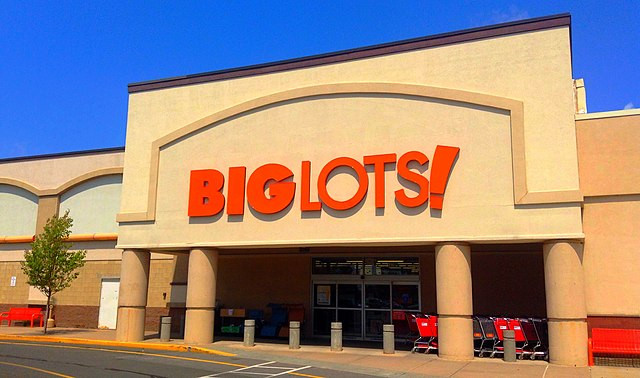Big Lots, the discount retail chain known for its budget-friendly home goods and furniture, has announced that it is filing for Chapter 11 bankruptcy as it prepares to be acquired by Nexus Capital Management. The Ohio-based company, which operates nearly 1,400 stores across 48 states, is facing significant restructuring as it navigates financial difficulties and a changing retail landscape.
In a statement on Monday, Big Lots revealed that its decision to file for bankruptcy was a strategic move to ensure its long-term viability in a challenging market. "Taken together, these actions are intended to accelerate our efforts to improve our performance and strengthen our business for the future," the company stated. The bankruptcy filing will enable Big Lots to close underperforming stores, streamline operations, and pay off its vendors in full, according to the company's announcement.
Nexus Capital Management, the investment firm poised to acquire Big Lots, has expressed confidence in the brand's potential. Nexus, which has previously invested in companies such as Dollar Shave Club and Toms, believes in Big Lots' business model and aims to provide the financial stability needed to revitalize the chain. "We intend to help return this iconic brand to its status as America's leading extreme value retailer," a Nexus representative said.
As part of its restructuring, Big Lots will close additional stores, adding to the more than 300 locations already slated for closure, including 10 in New York state. The company had initially announced these closures last month, with stores in cities such as Buffalo, Ithaca, and Poughkeepsie among those affected. While the exact number of additional closures has not been disclosed, Big Lots has indicated that at least 25% of its U.S. footprint will be shuttered by the time the process is complete.
"Though the majority of our store locations are profitable, we intend to move forward with a more focused footprint to ensure that we operate efficiently and are best positioned to serve our customers," said Bruce Thorn, President and CEO of Big Lots. Thorn emphasized that the company's actions would enable it to move forward under new ownership with a leaner, more sustainable operation.
The restructuring comes as Big Lots grapples with a "challenging consumer environment" and "a continued pullback in consumer spending by our core customers, particularly in high-ticket discretionary items," Thorn added. The retailer has been hit hard by the broader economic challenges facing the retail sector, with rising costs, supply chain disruptions, and shifts in consumer behavior putting pressure on its bottom line.
Big Lots' financial woes have been reflected in its stock price, which has plummeted from more than $70 in 2021 to just 50 cents last week. The company's struggle to remain competitive has been exacerbated by the oversupply of retail options in the domestic U.S. market and delays in product deliveries from its suppliers.
Despite these challenges, Thorn remains optimistic about the company's future. "We appreciate the tremendous loyalty of our customers," he said. "As we move through this process, we remain committed to offering extreme bargains, enabling easy shopping in our stores and online, and providing an outstanding customer experience." He also expressed gratitude to the company's employees and vendors, whose continued support will be crucial as Big Lots embarks on this new chapter.





